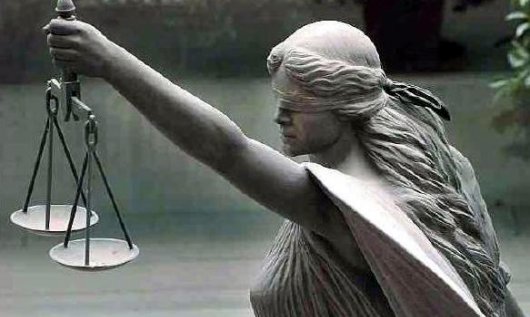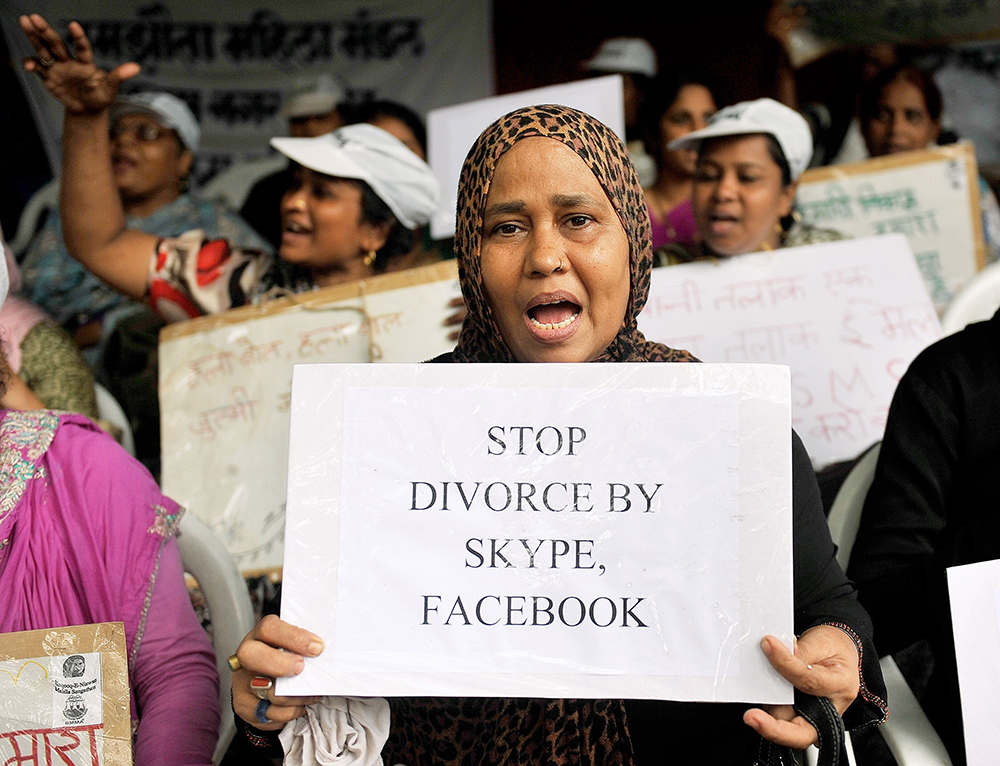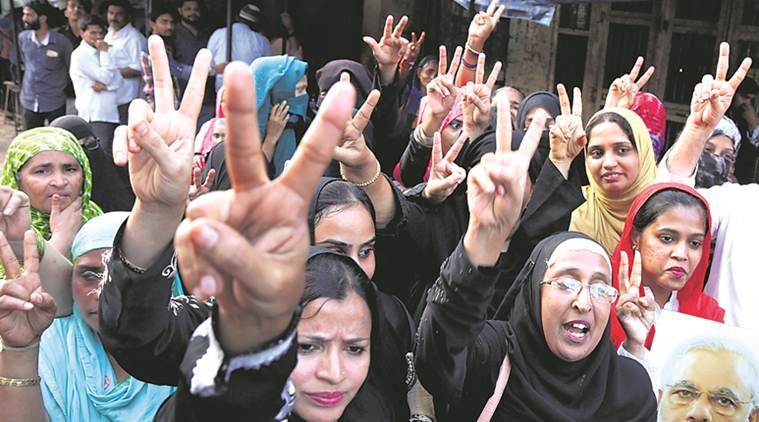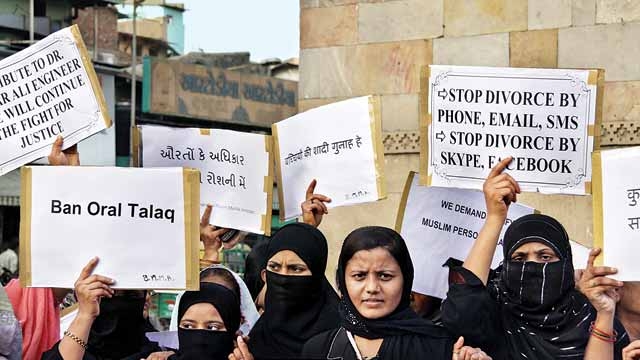
Criminal law deals with behavior that is or can be construed as an offense against the public, society, or the state—even if the immediate victim is an individual. Examples are murder, assault, theft,and drunken driving. Civil law deals with behavior that constitutes an injury to an individual or other private party, such as a corporation. Examples are defamation (including libel and slander), breach of contract, negligence resulting in injury or death, and property damage.
Faizan Mustafa, in his article states, “Polygamy was permissible for centuries under Hindu law but then the newly independent Indian state, adopting western culture, in spite of the Hindu right’s opposition, decided to make it a crime. A similar decision was made about dowry. Even immoral conduct can thus be legal if the state so decides. Adultery in most western countries is not a crime. Homosexuality too is now being decriminalised. Adultery by women or an adulterous relationship with unmarried or divorced or widowed women is not punishable even in India. Only men are punished for adultery. Now the apex court is going to examine constitutionality of adultery law.
Moreover, the belief and expectation that the mere fact that if some wrongful conduct becomes a crime, people will resist from indulging in it too is erroneous and has not been proved by any authentic empirical research. As a matter of fact there is no relationship between the incidence of crimes and punishment. Even death penalty is not an effective deterrent. Murder, rape, robbery etc. since antiquity are major crimes with heavy punishments but their rate has only been going up.”
Given all of the above I wonder what the government really intends by proposing to make triple Talaq a criminal offence. Especially since now the Supreme Court has ruled that even if triple Talaq is pronounced, it will amount to only one revocable Talaq, in accordance incidentally, with Islamic law.
So in effect, the situation today is as follows:
- Triple Talaq doesn’t dissolve a marriage, as ruled by the Supreme Court and agreed by everyone including the AIMPLB
- So even if it’s pronounced, it harms nobody and the marriage is intact.
- In effect it is a “crime”that cannot be committed…because even if it is pronounced it’s not valid.
- Yet the man is liable to be jailed for three years.
Ask why?
And if you learn why or figure it out, tell me.
I won’t even talk about the effect of jailing the man, often the sole bread earner of the family. I won’t talk about the effect of that stigma on his future ability to get a job and earn an honest living after he is released from prison. I won’t talk about the possible danger of really turning him into a criminal, which is what jails do best anyway. I won’t talk about the effect on his children. I won’t talk about what will happen to that marriage after he returns from jail.
I won’t talk at all.
Mirza Yawar Baig is based in Hyderabad, India and is the founder and President of Yawar Baig & Associates; an international leadership consulting organization. He can be reached at [email protected]












































